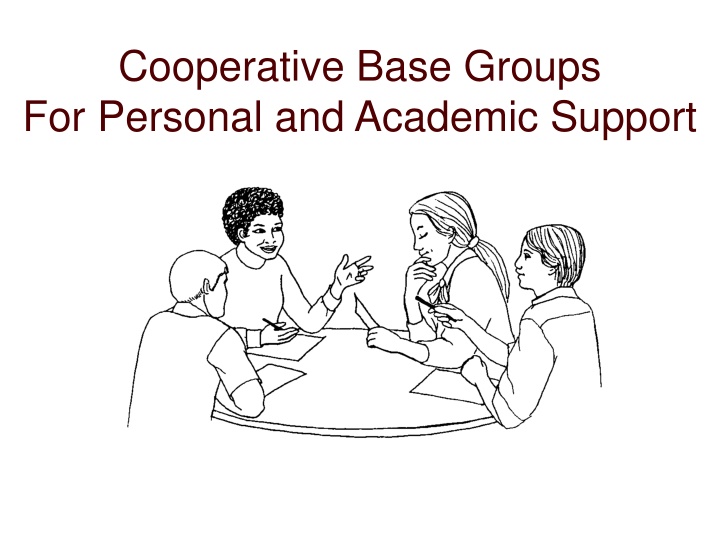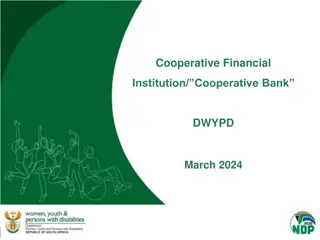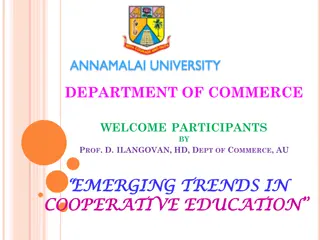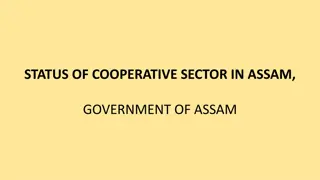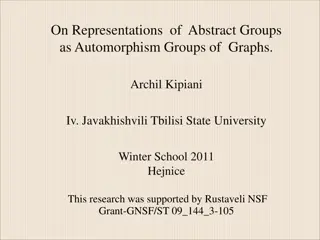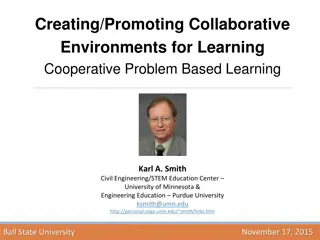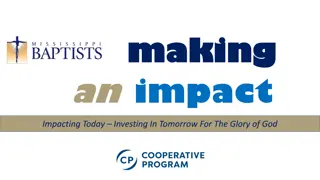Enhancing Academic and Personal Support through Cooperative Base Groups
Exploring the concept of cooperative base groups for academic and personal support in college settings, this collection highlights the benefits of social interdependence theory, the importance of maintaining a balance between academic challenges and social support, and the role of creative tension in fostering creative performance among students and faculty.
Download Presentation

Please find below an Image/Link to download the presentation.
The content on the website is provided AS IS for your information and personal use only. It may not be sold, licensed, or shared on other websites without obtaining consent from the author.If you encounter any issues during the download, it is possible that the publisher has removed the file from their server.
You are allowed to download the files provided on this website for personal or commercial use, subject to the condition that they are used lawfully. All files are the property of their respective owners.
The content on the website is provided AS IS for your information and personal use only. It may not be sold, licensed, or shared on other websites without obtaining consent from the author.
E N D
Presentation Transcript
Cooperative Base Groups For Personal and Academic Support
Active Learning: Cooperation in the College Classroom Informal Cooperative Learning Groups Formal Cooperative Learning Groups Cooperative Base Groups Notes: Cooperative Learning Handout (CL-College-814.doc) [CL-College-814.doc] 2
Cooperative Learning Kurt Lewin - Social Interdependence Theory 1.The essence of a group is the interdependence among members (created by common goals) which results in the group being a "dynamic whole" so that a change in the state of any member of subgroup changes the state of any other member or subgroup 2.An intrinsic state of tension within group members motivates movement toward the accomplishment of the desired common goals.
Cooperative Base Groups Provide a Base of Support Two types of support: 1.Academic Support: Classmates and faculty provide the assistance and help students to succeed academically. 2.Personal Support: Classmates and faculty care about and are personally committed to the well- being of each student. Johnson, David W., Johnson, Roger T. and Smith, Karl A. 2006. Active learning: Cooperation in the college classroom, 3rd Ed. Edina, MN: Interaction Book.
The Greater the Social Support, The Greater Academic Challenges May Be Must Balance: 1.Academic Challenge: An academic demand that may be beyond the student=s capacity to achieve 2.Social Support: Significant others helping students mobilize her or his resources to advance on the challenges
Creative Performance From Students (& Faculty) Requires Maintaining a Creative Tension Between Challenge and Security Pelz, Donald, and Andrews, Frank. 1966. Scientists in Organizations: Productive Climates for Research and Development. Ann Arbor: Institute for Social Research, University of Michigan. Pelz, Donald. 1976. Environments for creative performance within universities. In Samuel Messick (Ed.), Individuality in learning, pp. 229- 247. San Francisco: Jossey-Bass Edmonson, A.C. 2008. The competitive advantage of learning. Harvard Business Review 86 (7/8): 60-67.
Edmonson-Competitive_Advantage_of_Learning-HBR-2008.pdf Edmonson, A. 1999. Psychological safety and learning in work teams. Administrative Science Quarterly, Vol. 44, No. 2
Cooperative Base Groups Are Heterogeneous Are Long Term (at least one quarter or semester) Are Small (3-5 members) Are for support May meet at the beginning of each session or may meet between sessions Review for quizzes, tests, etc. together Share resources, references, etc. for individual projects Provide a means for covering for absentees 9
